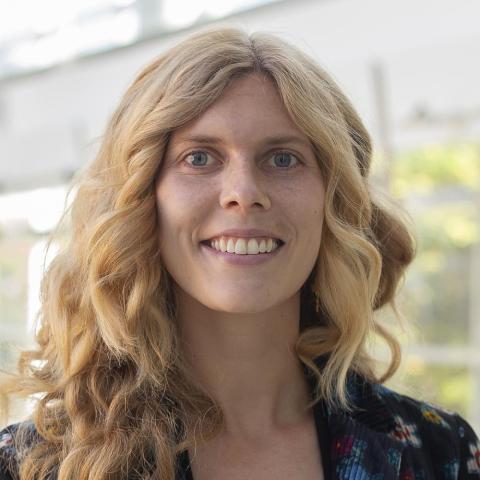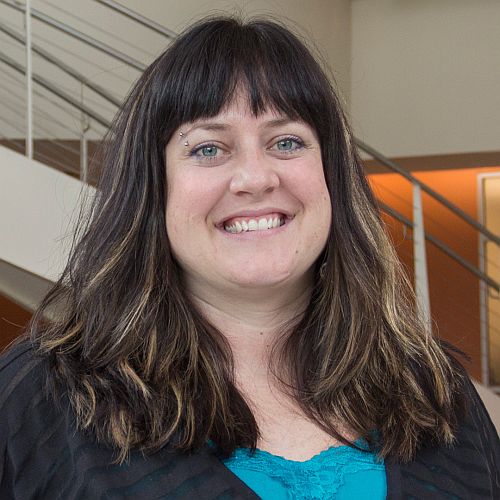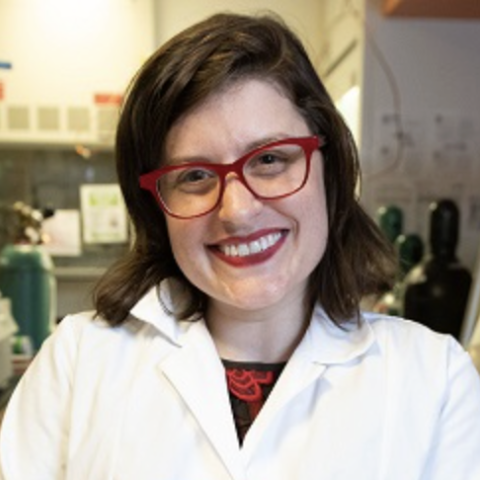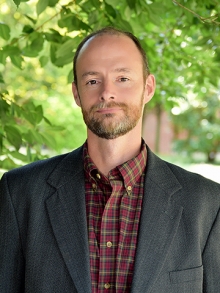Spenser Wipperfurth

Spenser Wipperfurth is a Ph.D. student in the Ocean Science and Engineering program, an interdisciplinary program organized by the Schools of Biology, Civil and Environmental Engineering, and Earth and Atmospheric Sciences. Simultaneously, she is pursuing her MBA from the Scheller College of Business. Spenser's research focuses on increasing coastal resiliency by quantifying and understanding the response of natural resources, namely coastal salt marshes, to compound-extreme events by developing large-scale models of target coastlines and ocean systems. Projects based on this research target the development of models and the presentation of results in formats that are most useful and helpful to the stakeholders who live and work in coastal areas. Spenser is very active in the Georgia Tech community, holding executive and leadership positions in the Graduate Student Government (VP of Academic and Research Affairs, 2022-2024), College of Science (2022-2023), Net Impact (VP of Outreach), Peer Leadership (GT6000 Leader, Committee 2023-Present), and sits on various committees and task forces for the campus-wide Climate Action Plan and Climate Conference.
Spenser holds a BS in Civil Engineering and Spanish Literature from the University of Wisconsin-Madison. She returned to academia after her service in the Peace Corps in Peru, and work in water resources engineering in Minnesota, her home state. When not studying, Spenser can be found outside on a run, on her bike, in a lake, and with her friends. She loves Peruvian food and root beer.
Advisor: Kevin Haas









